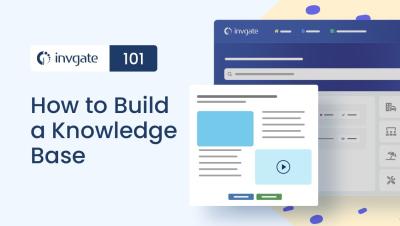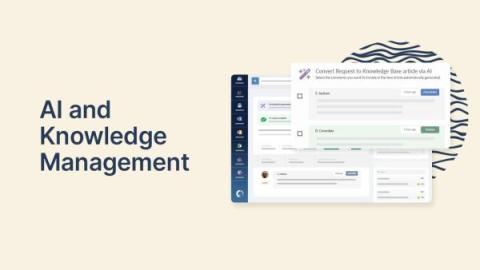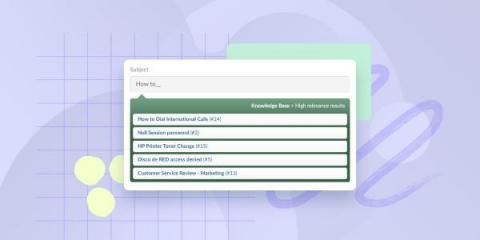Implicit Knowledge: How To Recognize and Capture It
In Service Management, there's a vast amount of knowledge at play—some of it is documented and formalized, and some of it is not. Implicit knowledge may not be as straightforward to manage as explicit knowledge, which is easy to capture and share through manuals or databases. What happens with this knowledge that isn’t so easily put into words?











